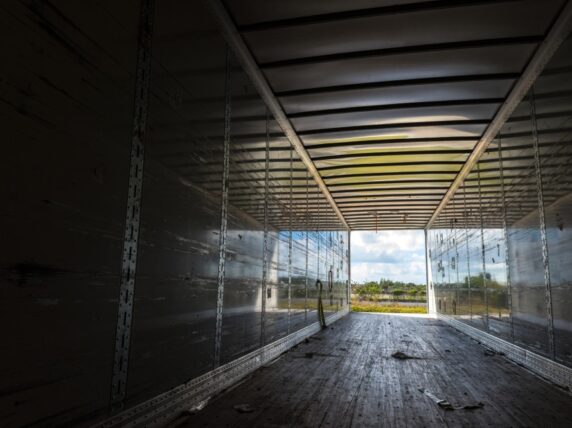The potential of agriculture for people and nature: The role of UK aid
Up to 1 billion people face hunger – an increase of around 30% since the start of the Covid-19 pandemic.
This global challenge needs to be addressed with urgency, alongside the necessity to limit global warming and end species decline and environmental destruction as outlined in the UK government’s recently published Integrated Review.
There is a scientific consensus that current approaches to food production and land use are a key contributor to biodiversity loss and greenhouse gas emissions.
Food production is the most significant driver of terrestrial biodiversity loss. As the global population grows, the enormous problem of producing sufficient food in a sustainable manner will only intensify.
The Economics of Biodiversity; The Dasgupta Review, 2021
According to recent estimates, around one-third of greenhouse gas emissions are associated with land use, most of which is caused by land use change, which is the conversion of natural systems for agricultural purposes. , Land use is also the largest driver of biodiversity loss causing up to 80% of forest loss. Government policies have often contributed to the decline in nature by paying people more to exploit it than to protect it, to the sum of an estimated $4-6 trillion per year.
The Covid-19 pandemic has highlighted that there are critical interdependencies between people and the planet. Some of the root causes of zoonotic diseases, such as habitat destruction and degradation, are common to many drivers of the climate change and biodiversity crises, such as the conversion of natural ecosystems for agricultural purposes.
We need to rethink how to feed the world sustainably
At the heart of this should be greater investment in a restorative and regenerative approach to agriculture and land use, which brings social and economic benefits to the communities involved, protecting their rights over resources and decisions that affect their lives.
Subscribe to our newsletter
Our weekly email newsletter, Network News, is an indispensable weekly digest of the latest updates on funding, jobs, resources, news and learning opportunities in the international development sector.
Get Network NewsCAFOD and RSPB recently published a report looking at the contribution that agricultural spend in UK aid is currently making towards this triple challenge of poverty, climate change and nature loss.
For those close to the issues, it will be no surprise that the analysis shows a low priority given to agriculture in UK aid in comparison with its potential to tackle poverty and climate change, and to protect and restore nature – a mere 4.2% of official development assistance (ODA).
It also shows that UK spend on agriculture is going in the opposite direction to the UK’s own domestic agricultural policy, which is being revamped post-Brexit to protect and restore nature. As an illustration, UK aid spend on agriculture and rural development to Nigeria in 2010-19 was five times lower that the money channelled through CDC for an agrochemical fertiliser plant in that country.
Additionally, there is no evidence of a rigorous application of sustainable development criteria to current agricultural programmes, which means most of them have almost no assessment of environmental or climate change impacts, nor do they look at key social development issues such as land tenure and participation.
Recommendations to harness the potential of agriculture
The report argues that the UK government should build on its progressive domestic agenda on agriculture to seize the opportunities presented in 2021 to harness the potential of agriculture for people and nature. There are new International Climate Funds coming on stream, such as the Biodiverse Landscapes Fund, which offer an opportunity to get it right from the start. The UK’s role as host of the G7 and President of the Climate Change COP offer opportunities to galvanise global action, as do the Convention on Biological Diversity (CBD) COP and Un Food Systems Summit.
We recommend four priority areas for action:
- Create a new strategic vision for agriculture and land use at the heart of UK aid.
- Develop a new approach to ODA for agriculture and land use with clear assessment criteria on poverty, nature and climate change.
- Transform the current portfolio of agriculture and land use aid programmes to reflect this new strategic vision and stop funding harmful practices.
- Spearhead global reform of public support for agriculture, building on the leadership show for international finance for fossil fuels.




